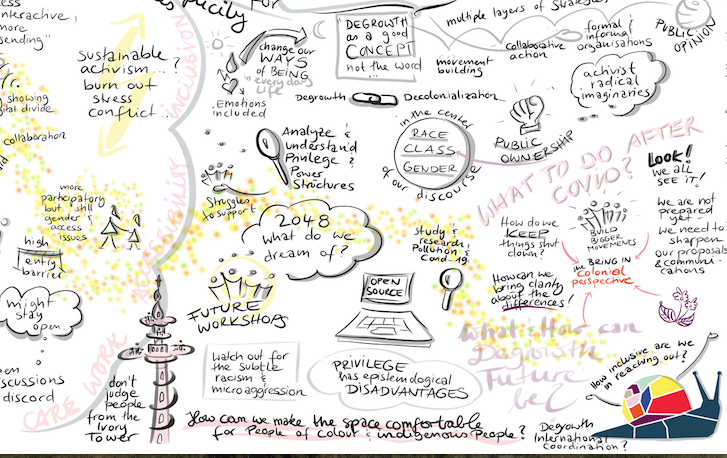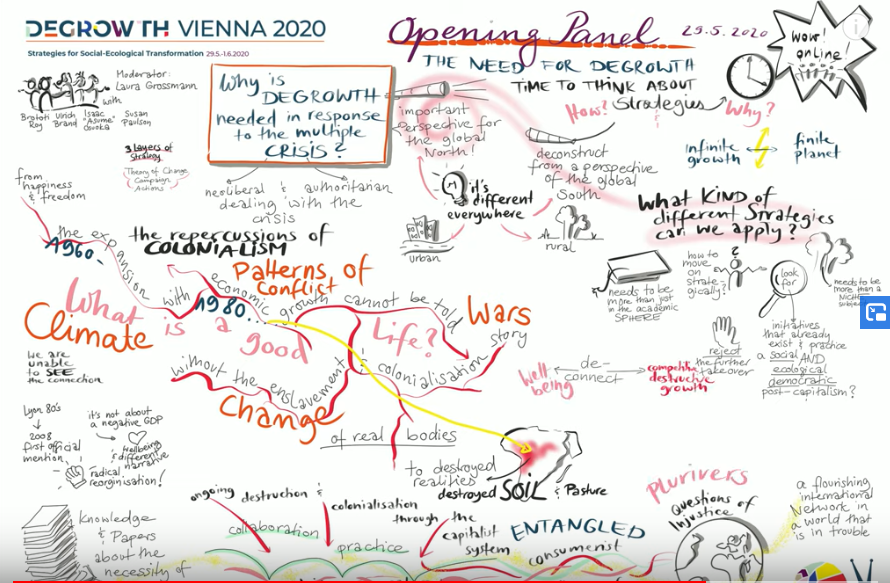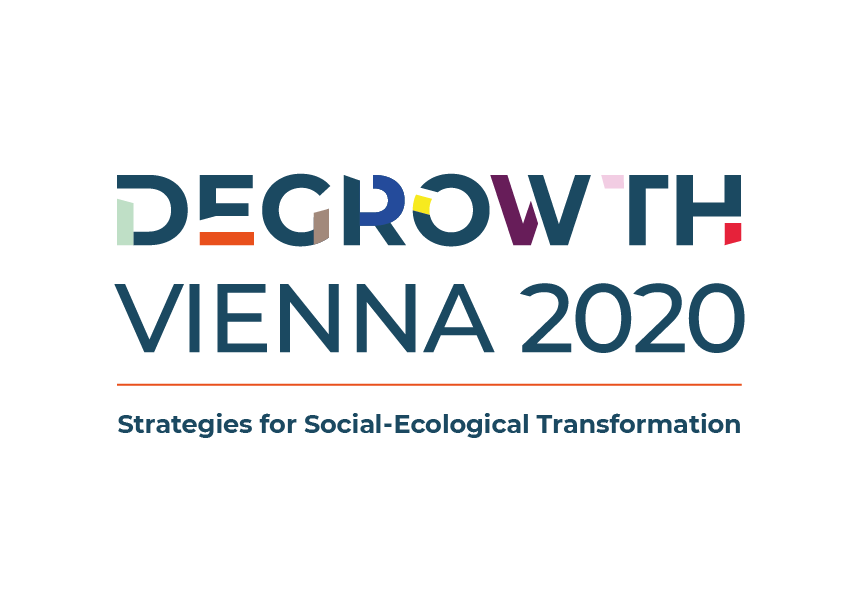Blog • 24.08.2020

For many of us, swimming will have provided a temporary relaxing escape from the pandemic and searing heat in the recent summer months. In this piece republished from Undisciplined Environments, Elliot Hurst suggests the activity holds more radical potential than one might think. In Aotearoa New Zealand, shortly after arriving at the strategy gathering of a youth climate group, a friend ...
Justice • 17.08.2020
Democratic confederalism, the ideological framework organizing society in Rojava, outlines the features of a post-revolutionary justice system. Hundreds of thousands of protesters have taken to the streets across the United States and beyond in response to the police killing of George Floyd. Protesters in Minneapolis, New York, Los Angeles and dozens of other cities demanding justice were me...
Events • 03.08.2020

This is part two of a piece reflecting on the Vienna degrowth conference and considering how to move forward based on the inputs and insights from the conference. You can read part one (focused on the conference) here. The idea of organizing the Degrowth Vienna 2020 conference was at least in part connected to a piece that some conference organizers published in this blog in which they crit...
Events • 27.07.2020

The conference “Degrowth Vienna 2020: Strategies for Socio-ecological transformation” took place online between May and June 2020, in the midst of a pandemic crisis. This two-part piece will firstly reflect upon the conference (part I) and then propose ways to move forward (part II). As a member of the Advisory Board, I was partly involved in the discussions regarding the planning of the...
Strategy • 20.07.2020

Degrowth is a thriving academic field, but one without a home. It can be a struggle to publish degrowth-related articles in the current journal environment. If successful, authors must often surrender the ownership of their work to commercial journals. After more than a decade of degrowth research, and with a growing number of scholars engaged in the field, we believe the time has come to start...
Events • 13.07.2020

COVID-19 has had many effects. Among others, it created a pause, putting non-essential economic activity on halt. A pause that has exposed the numerous weaknesses of growth-centred, globalised economies. A pause that created space for a range of suggestions, a tasting of alternative futures from different parts of the political spectrum, including nationalism, surveillance and austerity ...